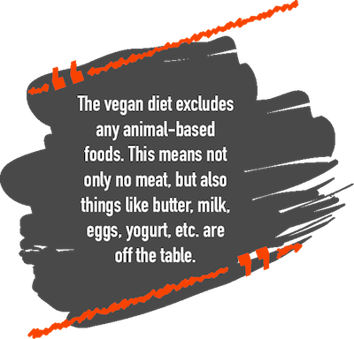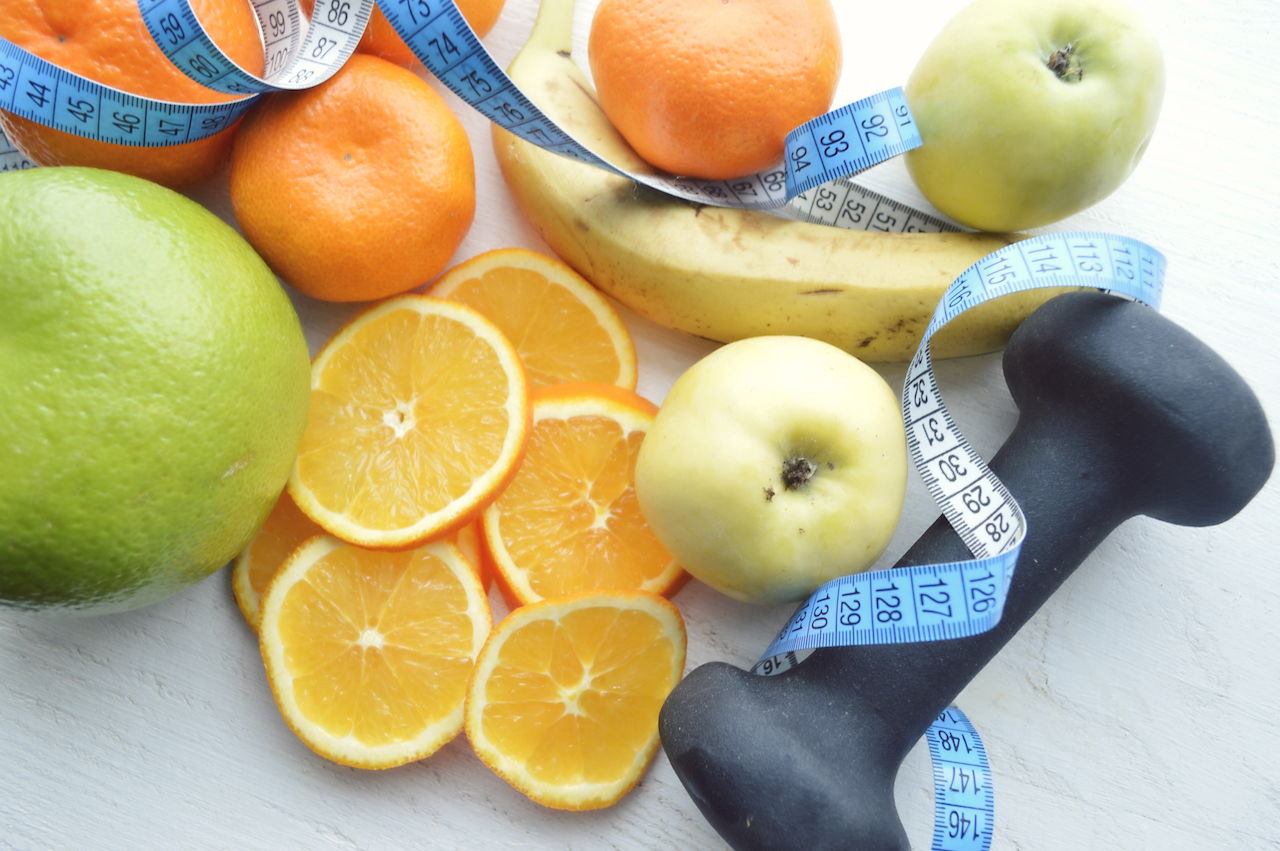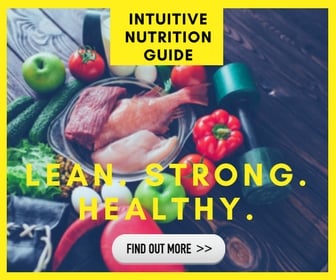There are many benefits to being vegan. But first, it’s important to clarify what vegan ACTUALLY means. People often confuse a “vegan diet” with a “whole foods, plant based diet”.
The vegan diet excludes any animal-based foods. This means not only no meat, but also things like butter, milk, eggs, yogurt, etc. are off the table. It does allow meat and cheese substitutes, as well as any processed foods not containing animal products. This means that any food, healthy or unhealthy, as long as it isn’t animal based, is still on the table for vegans.
A whole food plant based diet also excludes any animal products. However, unlike the vegan diet, processed foods are also eliminated.
So, being vegan DOESN’T necessarily mean being healthy. The diet guideline allow a tremendous amount of unhealthy, overly processed foods.

That being said, a vegan diet CAN have many health benefits. Going from a the typical “western diet” to a vegan diet, based primarily on whole, unprocessed foods, would be an extremely positive change for most.
Some potential benefits of making a change like this:
Increased Nutrient Intake
Less than 5% of Americans reach the daily recommended fiber intake. (1) We also dramatically under consume many other nutrients essential to health and performance.
To maintain a healthy vegan diet, it is important to consume relatively large amount of:
● Vegetables
● Fruit
● Legumes
● Nuts
● Seeds
All foods that are tragically underconsumed in the western diet. The underconsumption of these foods often leads to nutrient deficiencies. Nutrient deficiencies have a wide array of unpleasant effects on the body. Essentially, you’ll feel and potentially look MUCH WORSE than you should.
A proper vegan diet remedies this. All these fiber and nutrient dense foods, that most of us don’t get enough of become a dietary staple
Potential Fat Loss

Again, granted that this is a well planned vegan diet, based on whole, natural foods, a vegan diet can be extremely effective for weight loss.
The vegan diet shines in comparison to the typical western diet, composed primarily of highly processed, sugar laden foods. A good vegan diet shifts the focus to whole, unprocessed foods. For most eating the typical western diet, the shift to focusing on whole foods will be enough for a dramatic increase in health and fat loss.
Environmental Impact:
Sustainability should always be taken into consideration. Huge amounts of resources such as: fossil fuels, land and water are used to grow our foods.
Raising livestock takes up massively more fossil fuels, water, and land than growing plant based sources of protein does.
With the world population continuously growing, it's important to ask:
“Are our current food practices sustainable?”
Concerns

A properly planned vegan diet has lots of health benefits, just be aware of some common issues when preparing you diet:
For athletes following intense training regimens: a vegan diet can be challenging to sustain. Most plant based foods aren’t very calorie dense, making it challenging to get enough calories for proper recovery from training. This can lead to a decrease in performance.
Nutrient deficiencies: Although you don’t need as much protein as supplement companies lead us to believe (for more on protein requirements: https://www.precisionnutrition.com/all-about-protein), not getting enough protein can still be an issue on a vegan diet.
Most plant based foods simply aren’t as rich in protein/amino acids as animal based foods. Inadequate protein intake can lead to issues like: losing muscle mass, poor bone health, and trouble producing hormones and antibodies.
Plant foods don’t contain some essential vitamins and nutrients. Aside from protein, other common deficiencies include (but aren’t limited to): vitamin B12, calcium, omega-3 fat, vitamin D, zinc, and iron.
Supplementation is usually needed to avoid these deficiencies.
Is Vegan The Way To Go?
So, there are lots of benefits to being vegan. It reduces the environmental impact of growing our food, can make us healthier, and can lead to fat loss. Sounds like the way to go right?
Not necessarily. Remember, any diet can lead to weight loss. (For weight loss basics, read my blog: HOW CAN I GET ROCK HARD ABS?)
If you are okay with eliminating animal products, or have moral reasons for doing so, going vegan can be a good choice, when done properly (focus on unprocessed foods and getting the essential nutrients).
Most of us could definitely benefit from eating more of the veggies, legumes, etc. that are staples of a proper vegan diet. Just realize that you don’t have to completely eliminate any food group to be healthy.
Sources
(1) https://www.ncbi.nlm.nih.gov/pmc/articles/PMC4113755/#B4-nutrients-06-02540
(2) http://www.prb.org/Publications/Lesson-Plans/HumanPopulation/PopulationGrowth.aspx






